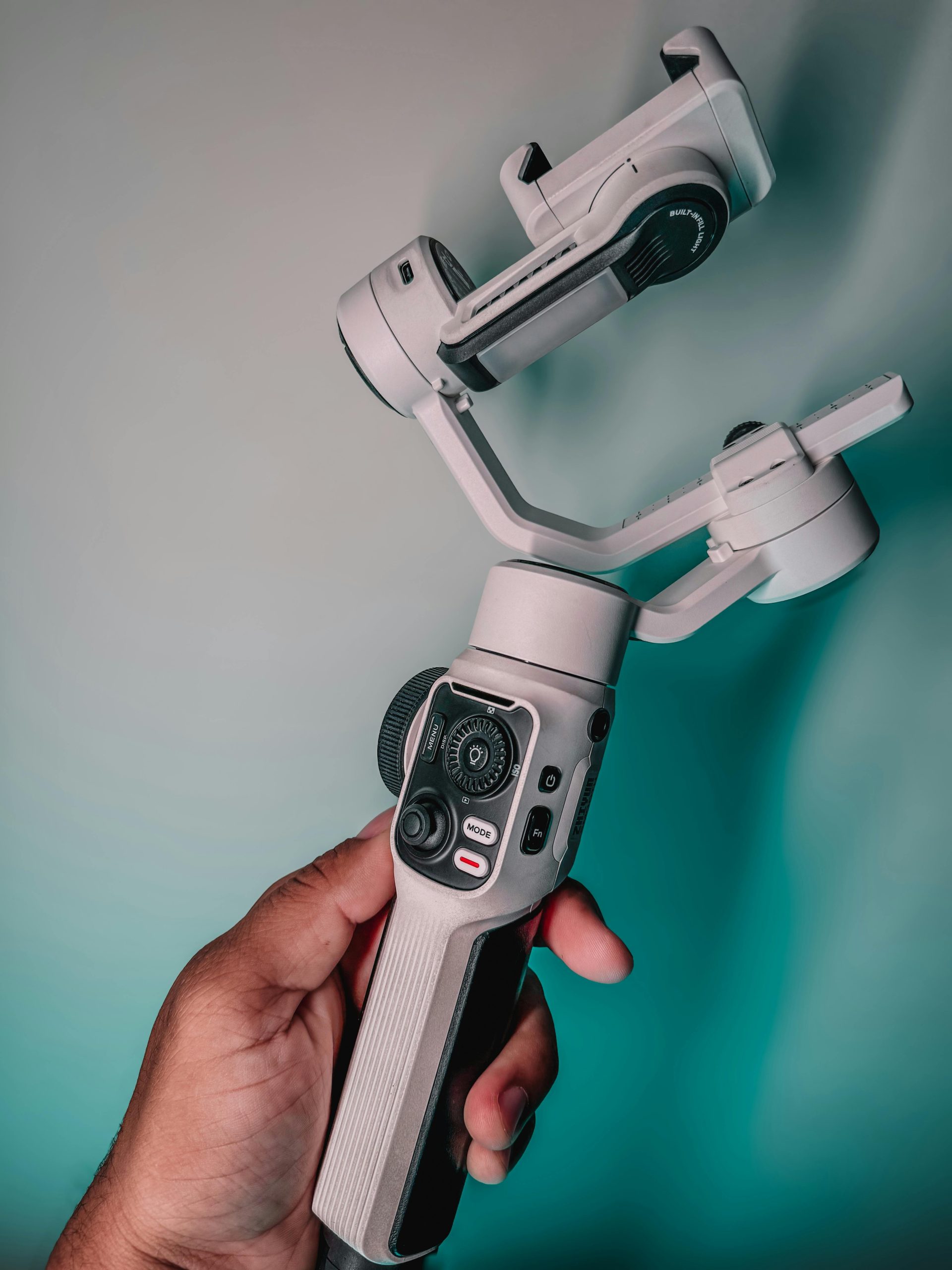AI isn’t Stealing Our Careers; It’s Revealing the Middleman Roles We’ve Been Operating
The Changing Landscape of Work: Embracing AI as a Catalyst for Transformation
In today’s fast-paced world, artificial intelligence (AI) often finds itself at the center of discussions regarding the future of employment. As concerns mount over potential job losses due to automation, it prompts a deeper conversation about the nature of many roles in the modern workforce. Instead of viewing AI as a direct threat to jobs, we should consider how it is revealing the underlying structure of our job market.
Many positions in today’s corporate environment serve primarily as intermediaries—roles that involve processing paperwork, managing email correspondence, or facilitating communication between two key decision-makers. These functions, while essential in their own right, often do not contribute significantly to innovation or strategic decision-making.
The rise of AI technologies forces us to confront a reality we may have been overlooking: a substantial number of jobs exist merely to mediate processes rather than to drive them forward. This presents an opportunity for businesses and employees alike to reassess their roles and redefine what value looks like in the workplace.
Instead of fearing the advancement of AI, we might need to embrace it as a tool for transformation. By streamlining processes and eliminating the need for redundant middlemen, AI can create space for more meaningful, creative, and impactful positions that contribute directly to an organization’s goals.
Rather than being caught up in the anxiety surrounding job loss, let’s shift our focus to the possibilities AI offers. It’s not about jobs disappearing, but about evolving the workplace into one that prioritizes innovation, efficiency, and a direct connection to decision-making processes. Embracing this change could lead to a workforce that is not only more productive but also more engaged and fulfilled in their work.
In this new era, it is essential to adapt and prepare for the opportunities that lie ahead, ensuring that we lead the charge toward a more effective and innovative future.














Post Comment